Science Shop
Advertisement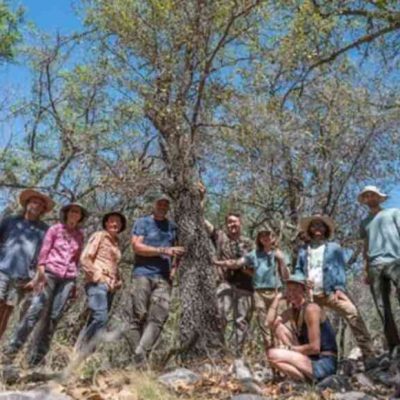
Rediscovery of Lost Oak Species
- By Rolf Lewis
- . July 24, 2023
In a remarkable discovery, botanists have rediscovered a species of oak tree believed to be extinct in the Big Bend National Park in Texas. The
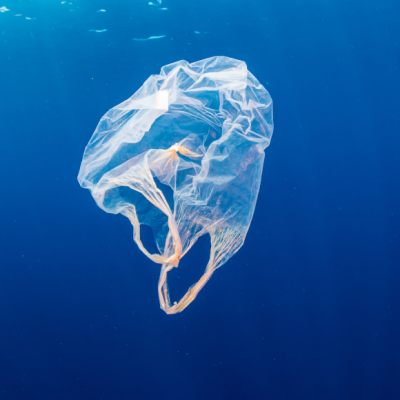
Non-degradable Bioplastics in Oceans
- By Geert Devenster
- . July 21, 2023
The popular bioplastic, Polylactic Acid (PLA), is not biodegradable in the ocean, despite being labeled as such. Plastic waste in the oceans is a significant
Double the Size: Pliosaurs vs Orcas
- By Rolf Lewis
- . July 18, 2023
A recent discovery in a museum in England has challenged the previous assumption that Pliosaurs, a type of marine reptile, were only about six meters

Ocean Colors Changing Due to Climate Change
- By Geert Devenster
- . July 13, 2023
Satellite images have revealed that climate change is affecting phytoplankton in global oceans, leading to changes in their color. This could make the marine CO2

Humans and Dinosaurs Coexisted on Earth
- By Rolf Lewis
- . July 2, 2023
Placental Mammals Existed Alongside Dinosaurs, New Study Finds A recent study published in Current Biology by researchers from the University of Bristol and the University
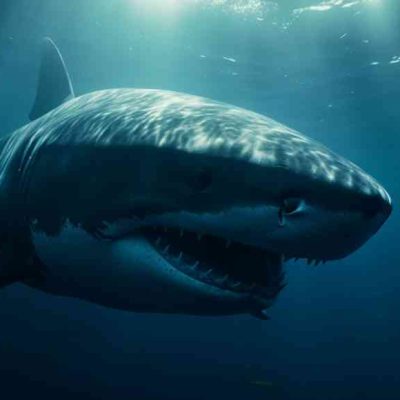
Megalodon’s Body Temperature Revealed
- By Rolf Lewis
- . June 28, 2023
New research has shed light on the Megalodon, the giant prehistoric shark, revealing that it was able to maintain a body temperature that was about

The Importance of Earthworms in Agriculture
- By Rolf Lewis
- . June 10, 2023
Regenwürmer Boost Global Food Production, Study Finds Regenwürmer, also known as earthworms, are known to improve soil quality and plant productivity. However, a recent study
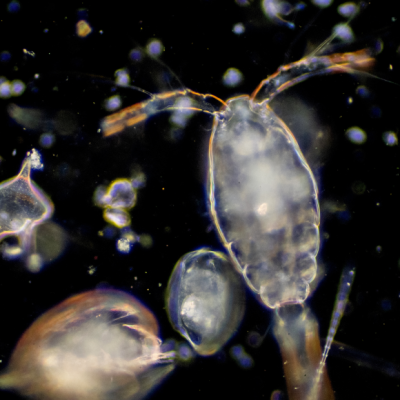
Desert Dust Feeds Ocean Life
- By Rolf Lewis
- . May 25, 2023
The growth and health of phytoplankton, the foundation of the marine ecosystem, is positively influenced by even small amounts of desert dust. Phytoplankton plays a

Ocean Insect Population Decline
- By Rolf Lewis
- . May 23, 2023
Insects are known to make up the majority of the biomass of all land animals. However, despite their abundance on land, they are surprisingly scarce
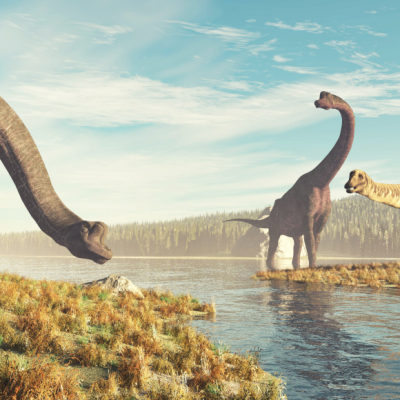
Multiple instances of giant dinosaur evolution
- By Rolf Lewis
- . May 17, 2023
Dinosaurs from the Sauropod group developed their massive size independently multiple times. The reason why some lineages became huge while others did not is still









